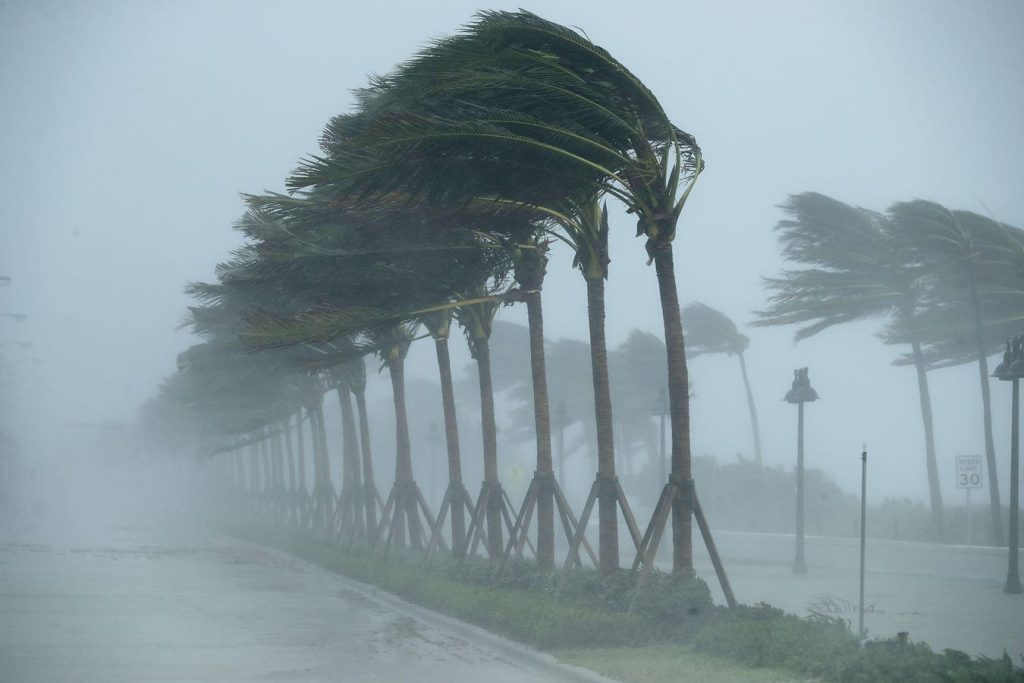Recent weather patterns have been significantly impacted by historically warm average temperatures, leading to droughts, wildfires, and floods. It is common to attribute these weather-related disasters to climate change, but when it comes to Atlantic hurricanes, the evidence tells a different story. While records were shattered in 2020, there is no upward historical trend in the hazard posed by major Atlantic hurricanes. Data collected since 1850 does not show an increase in the frequency of major landfalling hurricanes in the Eastern United States.
Despite the lack of evidence for an increase in major hurricanes, the financial damage caused by these storms continues to rise. Nine of the top 10 U.S. hurricanes by cost have occurred in the 21st century, driven by the development of higher-valued properties along coasts. This trend of increasing financial impact is also influenced by factors such as flooding due to hardening of the terrain, subsiding land, rising sea levels, and increasing rainfall rates from warmer air. As a result, any given hurricane today could cause more damage than in the past.
Atlantic hurricanes, especially major ones affecting North America, are infrequent. Landfalling hurricanes and major hurricanes occur on average fewer than three times a year. Detecting these storms has improved over the past century, with tools like aircraft reconnaissance and weather satellites enhancing observation capabilities. To understand changes in occurrence or severity caused by climate change, researchers must rely on an extensive historical record that takes into account factors like naming storms, observation technology, landfall impacts, and reanalysis processes.
There is no clear evidence to suggest that landfalling hurricanes are increasing in frequency, but there is potential for increases in severity. Warmer waters can fuel tropical cyclones, but other atmospheric factors may counterbalance this effect. The lack of definitive global trends in hurricane frequency and severity from the Intergovernmental Panel on Climate Change adds to the complexity of understanding these storms. While there may be evidence of storms intensifying faster and traveling slower, the data does not support a significant increase in the occurrence of landfalling hurricanes in the Atlantic due to climate change.
Preparation for hurricanes remains crucial, especially in coastal areas prone to flooding. Businesses must protect themselves against hurricane-related flooding, given the potential for increased rainfall and storm surge. While the science of climate change is complex, clarity is essential for businesses to protect their livelihoods. Lessons learned from past hurricanes can inform emergency response planning and preparations for future storms. Ultimately, while the risk of hurricanes persists, there is no compelling evidence to suggest a notable increase in the occurrence of landfalling storms in the Atlantic as a result of climate change.


